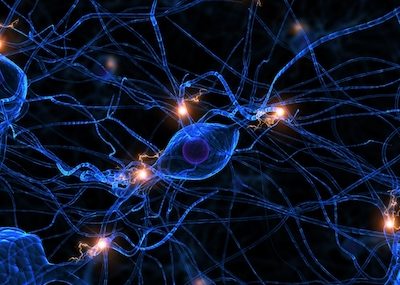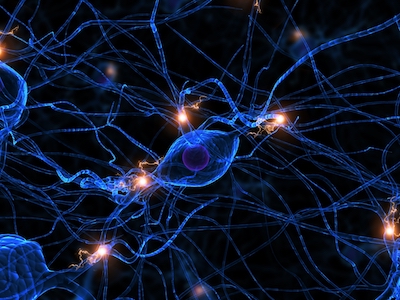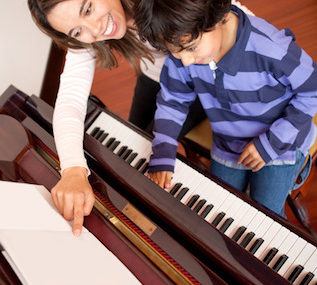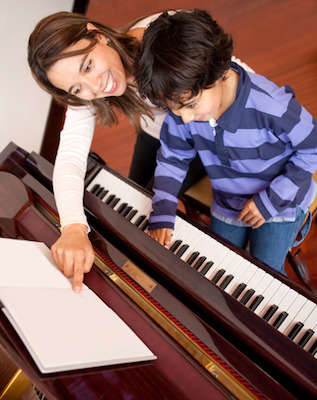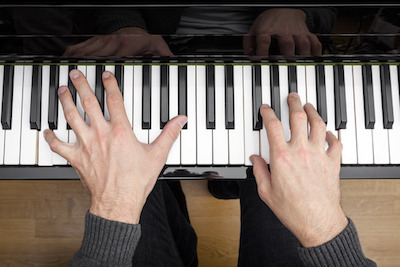Why do you like to play the piano? Do you enjoy making music? Do you love the familiarity of the practice?
According to many medical facilities, there’s an additional reason you should play the piano: for better health. What can playing the piano regularly do for your health?
Better motor skills
To play the piano well means using a variety of different skills all at the same time. Your left hand moves in one way while the other creates an entirely different sound. Your eyes follow notes on sheet music while your brain puts everything together. A young child will use this process to refine movement and focus, while a person reaching their later years can use the same process to keep their skills honed and well refined.
Better reasoning and comprehension
Studies consistently show that people with years of piano practice do better on tests, and have a higher IQ. Focus on producing music and refining your practice approach equip you throughout life for better ways of thinking and communicating to those around you.
Better stress relief
We live in challenging times. You can’t go through a day without hearing more about self-care and how important stress relief activities can be for your well-being. Playing the piano can accomplish that throughout your life, whether it’s to help you remain calm before an important test, or fight off heart disease when you’re older.
Better memory
There are many medical issues we worry about as we age: heart disease and memory issues, to name just a few. Playing the piano and making music has been shown to improve memory power and reduce the chances of debilitating diseases like dementia. Even when patients with dementia sit down to play, it’s been shown to help reduce anxiety and access memories that can help with communication. In short, playing the piano can help with speech and language all throughout your life.
If you’re looking for a hobby that can make a difference in your life, throughout your life, look no further than the piano. Start playing the piano today, do it for better health tomorrow.

